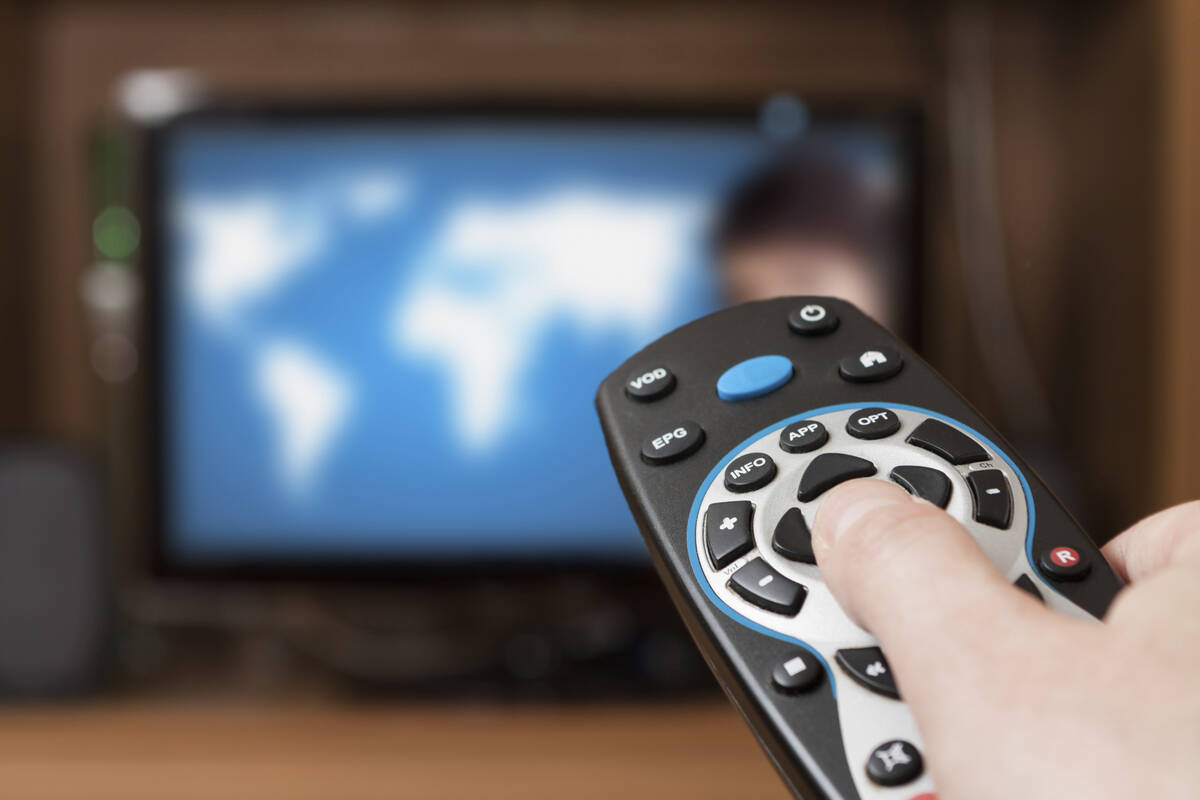EDITORIAL: Why is Washington in the broadcasting business?
Republicans for years have tried unsuccessfully to wean the Corporation for Public Broadcasting off the taxpayer trough. Then along came President Donald Trump and his cleaver.
This month, Mr. Trump signed an executive order defunding PBS and NPR. The squealing resembled the sound of Miss Piggy on her way to the slaughterhouse. Patricia Harrison, chief executive of the corporation, vowed to challenge the order, calling it an “affront to the First Amendment.”
This is a woeful misunderstanding of the Bill of Rights. Nowhere does it insist that American taxpayers subsidize government-run radio and television stations. In fact, public television and radio didn’t even exist until 1969 and 1970, respectively. Nobody is shutting them down. The administration is simply asking that they become self-sufficient, hardly a radical notion.
There’s no doubt that Mr. Trump and congressional Republicans recoil at the left-wing slant of PBS and NPR. There’s also no dispute that the networks produce much quality and popular programming. But neither ideology nor the acclaim of their offerings is the issue, which is: Why is the federal government in the broadcasting business, particularly when today’s marketplace is flooded with myriad information sources on cable TV, satellite TV, broadcast television, the internet, podcasts and satellite radio, to name a few.
Any programming on public networks that has a reasonable audience — “Antiques Road Show” or “All Things Considered,” for example — would probably be picked up by a privately owned outlet in the event PBS and NPR couldn’t compete without handouts.
Yet PBS and NPR executives have long insisted that federal funding represents just a minuscule subsidy in their budgets. According to Vegas PBS, the station receives about 12 percent of its resources from Washington. The New York Times reports that, nationally, “roughly 2 percent of NPR’s budget comes from federal grants; for PBS, that number is around 16 percent.” The majority of funding comes through viewer donations — through memberships and pledge drives — and other fundraisers.
If the federal money is insignificant, why the hyperventilating about these outlets surviving on their own? If it isn’t, why shouldn’t they be subjected to scrutiny as the national debt hurtles toward $37 trillion?
Whether Mr. Trump’s executive order survives the legal challenge remains to be seen. And a Democratic president could overturn the edict with a stroke of the pen. Congressional action would be a more preferable approach and likely more permanent. The Times reports bills are currently alive in the Senate and House to defund the Corporation for Public Broadcasting. Republicans should send such legislation to the White House.

















